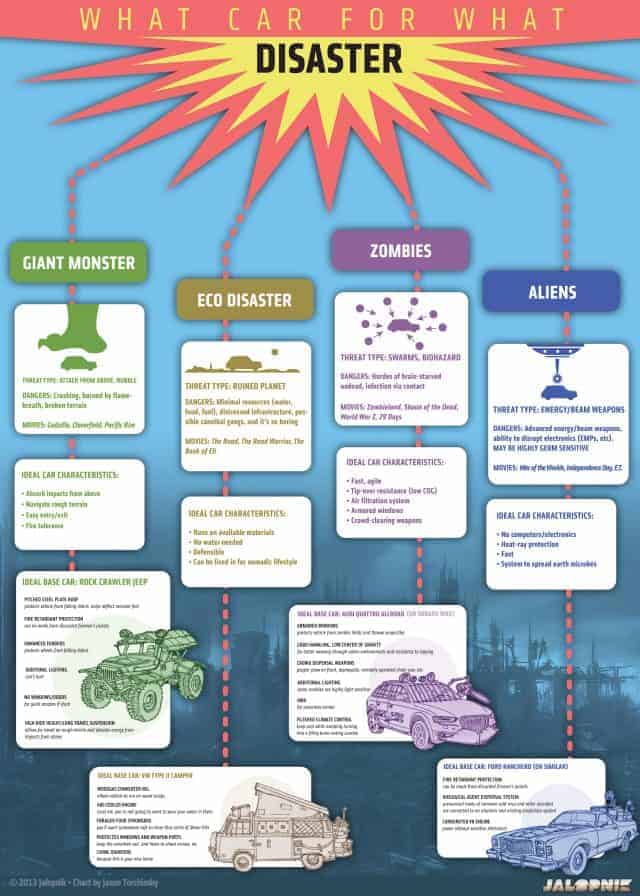The Future Of Home Heating - Exactly How Heat Pump Modern Technology Is Developing
The Future Of Home Heating - Exactly How Heat Pump Modern Technology Is Developing
Blog Article
Content Develop By-Marshall Goff
Heatpump will certainly be a vital innovation for decarbonising heating. In a circumstance regular with governments' announced energy and climate commitments, their global capability increases by 2030, while their share in heating rises to one-quarter.
They function best in well-insulated homes and depend on electrical power, which can be supplied from a renewable power grid. Technical advancements are making them extra reliable, smarter and cheaper.
Gas Cells
Heatpump use a compressor, cooling agent, coils and fans to relocate the air and warmth in homes and home appliances. They can be powered by solar energy or power from the grid. They have been acquiring popularity due to their low cost, silent procedure and the capacity to produce electrical power during peak power need.
Some business, like IdaTech and BG MicroGen, are dealing with fuel cells for home heating. These microgenerators can replace a gas boiler and generate some of a residence's electrical requirements with a link to the power grid for the rest.
But there are reasons to be doubtful of using hydrogen for home heating, Rosenow says. https://docs.google.com/spreadsheets/d/1OF6iqsyIAkh2jXHF5MQcFBxUuLa7aTTJPBnZ4DhDyVo/edit?usp=drive_link would be pricey and ineffective contrasted to other modern technologies, and it would certainly add to carbon emissions.
Smart and Connected Technologies
Smart home technology permits home owners to attach and manage their devices remotely with using mobile phone applications. For example, smart thermostats can learn your home heating preferences and immediately adjust to enhance energy usage. Smart lighting systems can be regulated with voice commands and immediately turn off lights when you leave the area, reducing energy waste. And clever plugs can monitor and manage your electric usage, allowing you to recognize and restrict energy-hungry devices.
The tech-savvy house portrayed in Carina's meeting is a great illustration of just how occupants reconfigure area home heating practices in the light of brand-new clever home technologies. They depend on the tools' automated features to execute daily changes and concern them as a hassle-free methods of performing their heating practices. Because of https://www.bobvila.com/articles/home-warranty-coverage/ , they see no reason to adapt their methods additionally in order to allow adaptability in their home power demand, and interventions targeting at doing so might encounter resistance from these homes.
Electrical power
Since heating up homes make up 13% people exhausts, a button to cleaner choices might make a huge difference. But the modern technology faces difficulties: It's expensive and calls for substantial home restorations. And it's not constantly suitable with renewable energy sources, such as solar and wind.
Till lately, electric heat pumps were also pricey to compete with gas designs in most markets. However new developments in layout and materials are making them extra inexpensive. And much better cold environment efficiency is allowing them to work well even in subzero temperature levels.
The following action in decarbonising home heating might be using warm networks, which attract heat from a main source, such as a neighboring river or sea inlet, and distribute it to a network of homes or structures. That would certainly lower carbon emissions and permit homes to benefit from renewable resource, such as green electrical energy from a grid provided by renewables. This alternative would be much less expensive than switching over to hydrogen, a nonrenewable fuel source that needs brand-new facilities and would just lower carbon dioxide discharges by 5 percent if paired with boosted home insulation.
visit the following internet page
As power prices go down, we're beginning to see the same trend in home heating that has driven electrical cars and trucks right into the mainstream-- but at an even much faster speed. The solid climate situation for electrifying homes has actually been pressed further by new research.
Renewables represent a considerable share of modern-day warmth intake, but have actually been given limited plan focus internationally compared to various other end-use fields-- and even much less focus than electrical power has. Partly, this mirrors a mix of consumer inertia, split motivations and, in lots of nations, aids for fossil fuels.
New technologies can make the shift easier. For instance, heat pumps can be made extra energy effective by replacing old R-22 refrigerants with new ones that don't have the high GWPs of their precursors. Some professionals likewise imagine district systems that draw warmth from a nearby river or sea inlet, like a Norwegian fjord. The warm water can then be utilized for heating & cooling in a neighborhood.